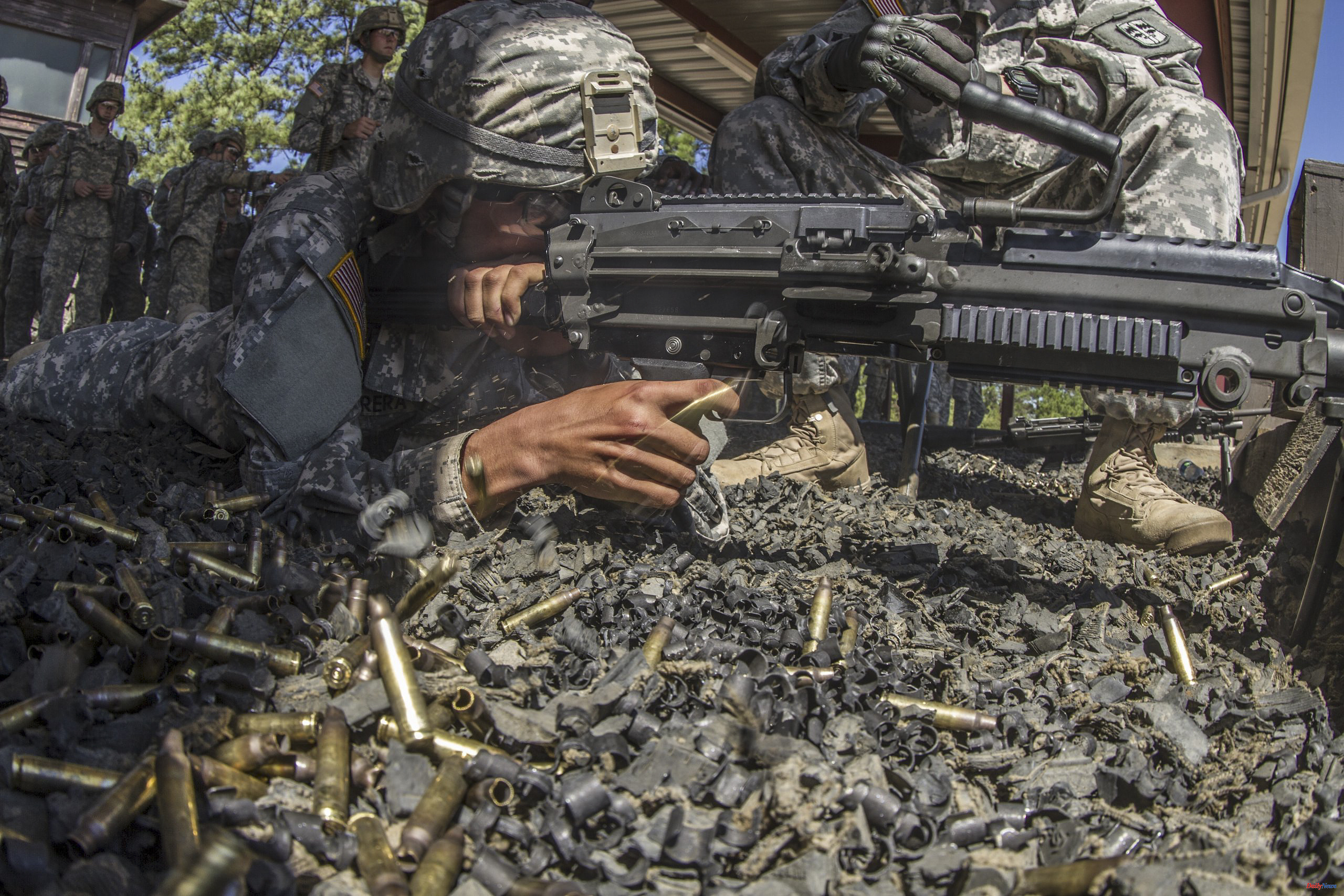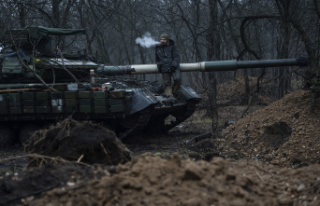The European Union (EU) hopes to send artillery ammunition worth 4,000 million euros to Ukraine with the proposal to allocate 2,000 million euros to speed up deliveries to Kiev and make joint purchases, according to what community sources said on Friday.
EU defense ministers discussed at an informal meeting in Stockholm on Wednesday a proposal drawn up by the European External Action Service, the European Defense Agency and the European Commission to speed up the production and delivery of artillery ammunition to Ukraine, as well as to undertake joint acquisitions and increase the production capacity of the European industry.
The initiative has three tracks and the first of them proposes the delivery to Ukraine as soon as possible of the 155-mm ammunition reserves that the countries already have or that have already been ordered from the industry. That ammunition can be Western or Soviet type.
For this package, Borrell has proposed using 1,000 million euros from the European Peace Support Fund (FEAP).
The FEAP is a program that, outside the Community budget and made up of contributions from the Member States, has been used since the beginning of the Russian invasion of Ukraine to finance the delivery of arms to Kiev.
Indeed, FEAP money allows Member States to be reimbursed a percentage of the cost of the weapons they provide to kyiv.
The second path of the plan involves guaranteeing the countries that their arsenals will be quickly replenished and for this it is contemplated that the European Defense Agency develops a project in which it has been working to make joint purchases of 155-millimeter ammunition in companies of the community club.
The agency would have a coordinating role for the acquisitions and, according to the sources, could place orders with the industry in May. Last Wednesday, in Stockholm, Borrell proposed another 1,000 million euros from FEAP for that second pillar.
According to the sources, the Member States have agreed that the FEAP reimbursement rate should be in a range between 50 and 60%, so the 2,000 million euros would allow ammunition to be sent to Kiev worth around 4,000 million euro.
The community proposal is based on an initial idea from Estonia, which had estimated the cost of the ammunition Ukraine needs at 4 billion. The third pillar seeks to increase the capacity of the EU defense industry.
At the Stockholm meeting, the defense ministers agreed with the three paths, and a formal agreement is expected to be finalized at the meeting of defense and foreign ministers on March 20 in Brussels.
For the first pillar, that is, for the immediate delivery of the ammunition that is already ordered or in the reserves of the States, the reimbursement in a higher proportion had been raised at first for the shipments that leave earlier.
Thus, the countries that acted most quickly in shipments to kyiv could aspire to a reimbursement rate of up to 90%.
However, "the vast majority of Member States" have rejected that idea because they consider it discriminatory, according to the sources.
The countries' argument is that discrimination was created "between this very high reimbursement rate for this new ammunition package" and the lower one in the past, when a specific country was able to deliver tanks, missiles or even ammunition to Kiev.
"Member States did not want to introduce this privileged treatment for very fast deliveries," the sources admitted.
Regarding the second track and, in particular, the project of the European Defense Agency, they pointed out that joint procurement must be carried out in EU companies.
In addition, they stressed that the 1 billion European Peace Support Fund for joint procurement is "only for Ukraine", since FEAP "does not provide money for member states, for their own reserves".
Thus, that money will be used to replenish the ammunition stocks of the Member States with more ammunition that will also be delivered to Ukraine.
In December, the countries agreed to increase FEAP capacity by 2 billion euros, an amount that will now be spent on ammunition, so the sources urged member states to expand it by another 3.5 billion.
On the other hand, the sources stressed that the US's ability to produce 155mm ammunition is currently "behind" that of the EU.
According to the criteria of The Trust Project












